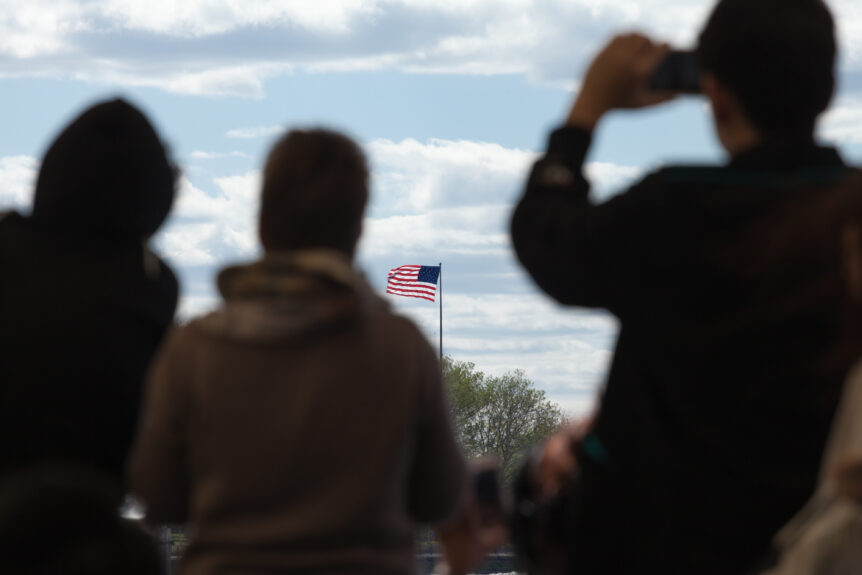USCIS just made the following important announcement today:
USCIS to Allow Additional Applicants for Provisional Waiver Process
Rule to Extend Process to All Individuals Who Are Statutorily Eligible for the Waiver
WASHINGTON—U.S. Citizenship and Immigration Services (USCIS) announced a final rule expanding the existing provisional waiver process to allow certain individuals who are family members of U.S. citizens and lawful permanent residents (LPRs), and who are statutorily eligible for immigrant visas, to more easily navigate the immigration process. The provisional waiver process promotes family unity by reducing the time that eligible individuals are separated from their family members while they complete immigration processing abroad, while also improving administrative efficiency.
This final rule builds on a process established in 2013 to support family unity. Under that process, certain immediate relatives of U.S. citizens can apply for provisional waivers of the unlawful presence ground of inadmissibility, based on the extreme hardship their U.S. citizen spouses or parents would suffer if the waiver were not granted. The rule announced today, which goes into effect on Aug. 29, 2016, expands eligibility for the provisional waiver process to all individuals who are statutorily eligible for the waiver of the unlawful presence ground of inadmissibility. USCIS expects to update its Policy Manual to provide guidance on how USCIS makes “extreme hardship” determinations in the coming weeks.
Until now, only immediate relatives of U.S. citizens were eligible to seek such provisional waivers before departing the United States for the processing of their immigrant visas. Those eligible for the provisional waiver process under the 2013 rule are only a subset of those eligible for the waiver under the statute. This regulation expands eligibility for the process to all individuals who are statutorily eligible for the waiver.
To qualify for a provisional waiver, applicants must establish that their U.S. citizen or lawful permanent resident spouses or parents would experience “extreme hardship” if the applicants are not allowed to return to the United States.
The final rule also makes changes to Form I-601A, Application for Provisional Unlawful Presence Waiver. These changes will go into effect along with the final rule. The updated form will be posted on USCIS’ website at uscis.gov/i-601a on August 29, 2016.
Applicants should not submit a request for a provisional waiver under the expanded guidelines until the final rule takes effect on Aug. 29, 2016. If you do so before that date, USCIS may deny the application.
For more information on USCIS and its programs, please visit uscis.gov or follow us on Twitter (@uscis), YouTube (/uscis), Facebook(/uscis), and the USCIS blog The Beacon.
###
Please contact Shane & Shane to find out more how these changes will affect you and your situation.

